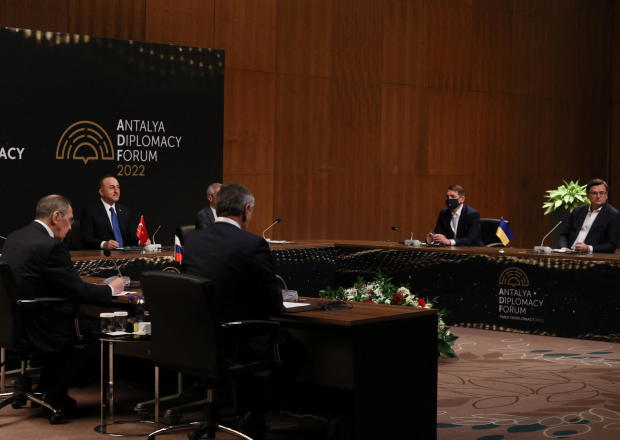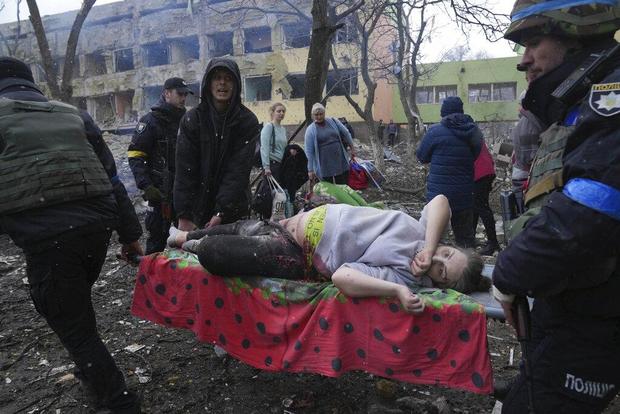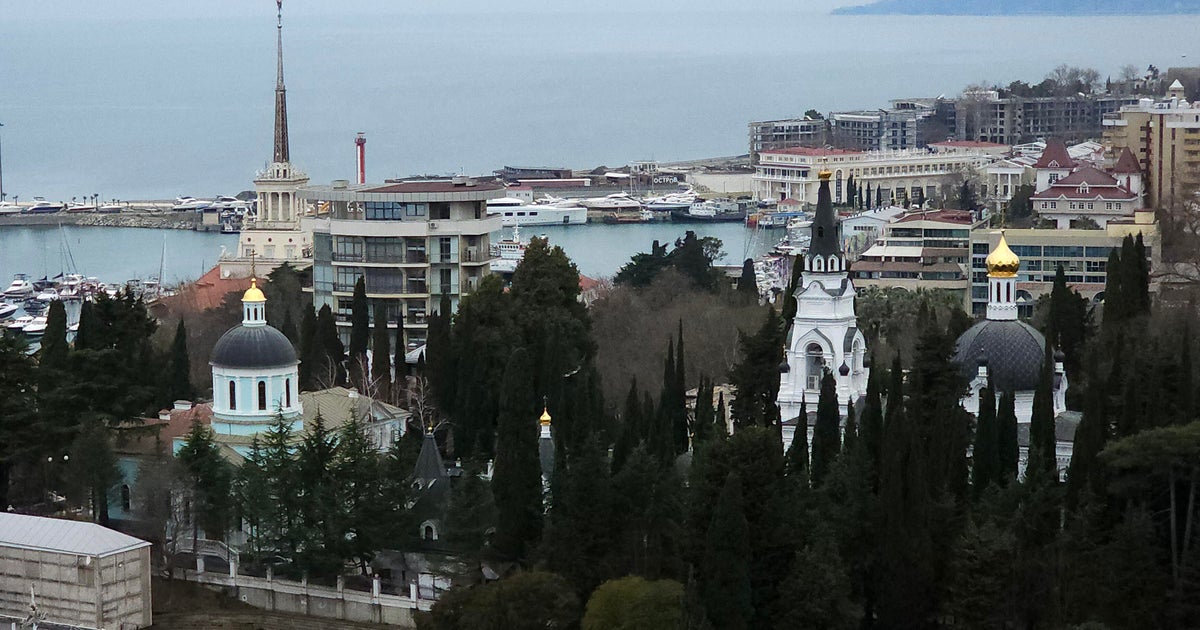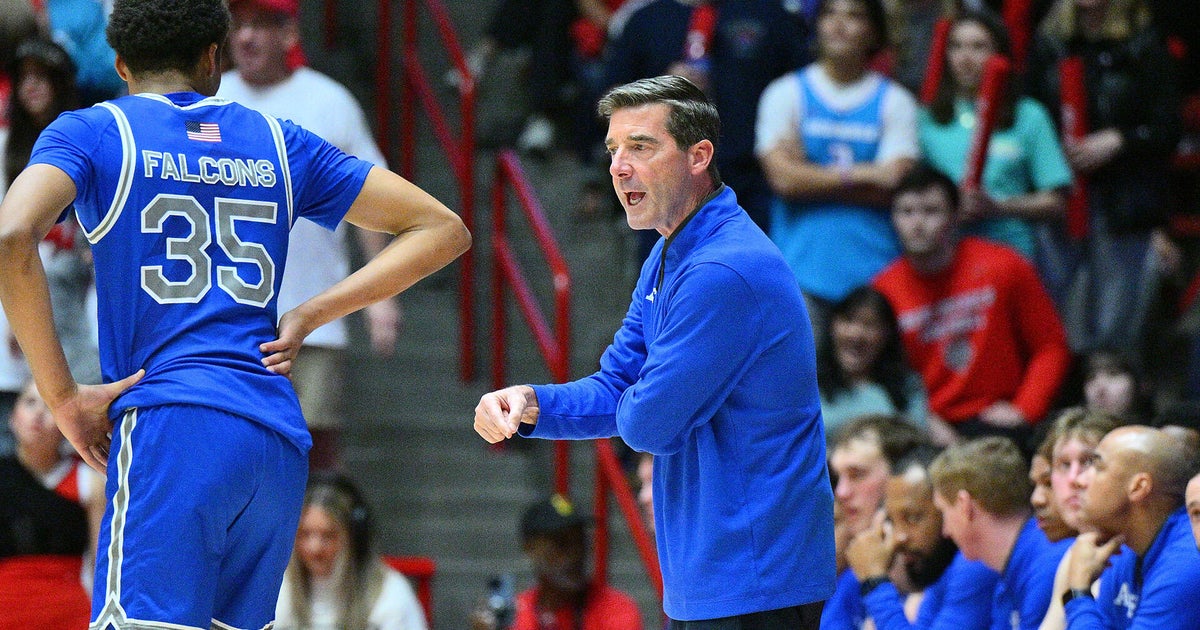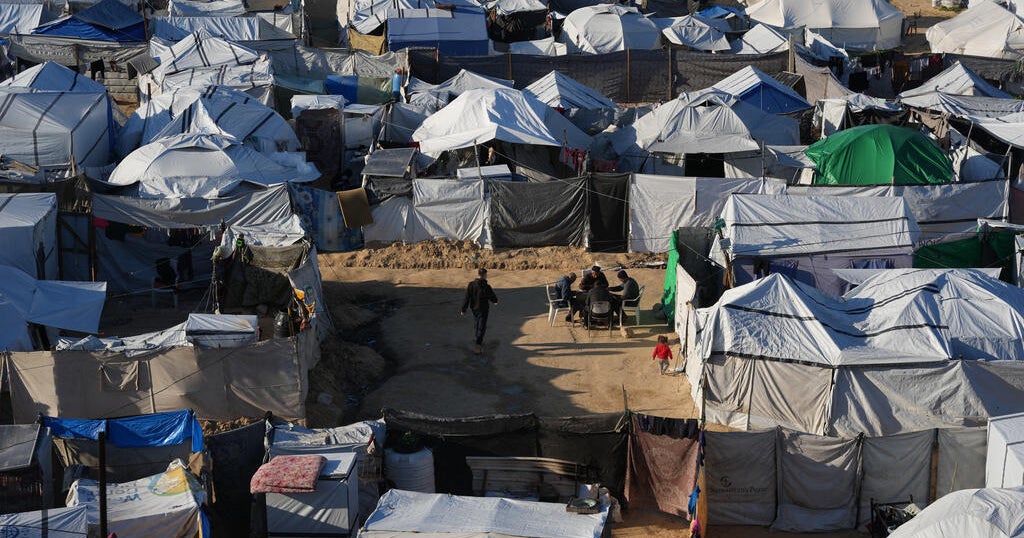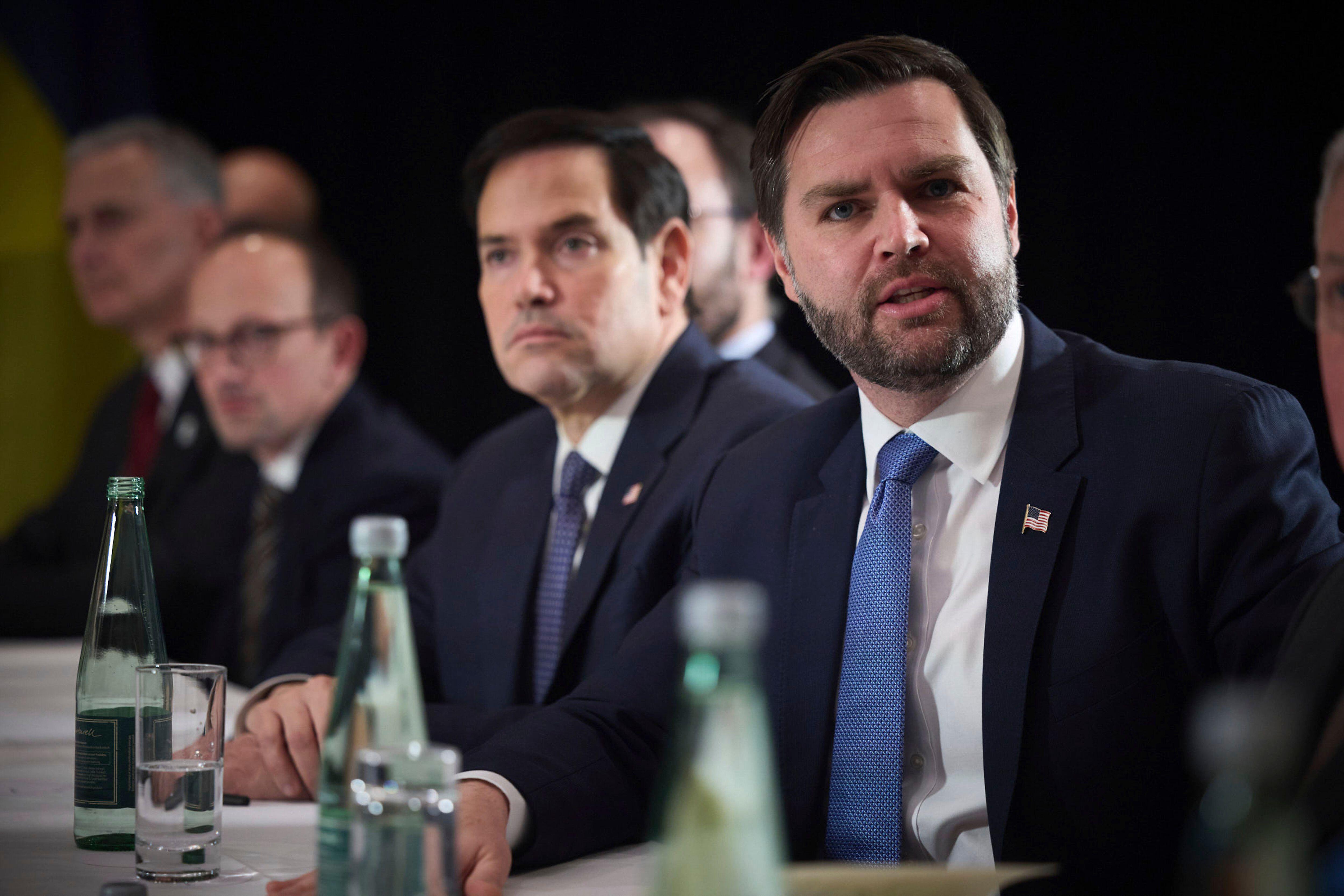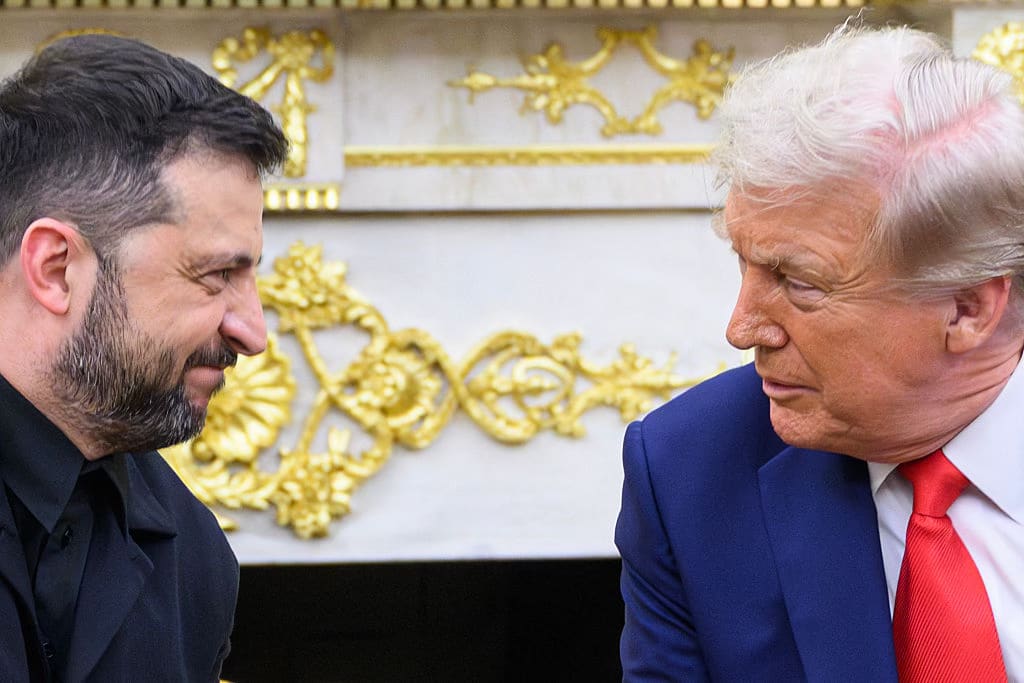"No progress" on cease-fire in high-level Russia-Ukraine talks as Moscow claims U.S. "biological laboratories" in Ukraine
Antalya, Turkey — Russian Foreign Minister Sergey Lavrov and his Ukrainian counterpart Dmytro Kuleba met Thursday in Turkey in the first such high-level contact since Moscow invaded its neighbor. Speaking after the talks, Kuleba told reporters there was "no progress" toward a cease-fire.
"We also talked on the cease-fire but no progress was accomplished on that," Dmytro Kuleba said, describing the discussion as "difficult" and accusing his counterpart of bringing little more than "traditional narratives" to the table.
The head of the International Atomic Energy Agency said earlier he was also heading to Antalya for meetings amid mounting concern over the safety of Ukraine's nuclear energy plants, but it was unclear when he was due to arrive or who he might meet with.
Even before the talks began, analysts feared there were slim chances of any breakthrough. Images of the meeting showed the Russian, Turkish and Ukrainian delegations sitting around a table, with each minister accompanied by just two other officials.
The meeting took place against the background of Ukrainian and international outrage after a Russian attack on a children's and maternity hospital in the besieged Ukrainian city of Mariupol which, according to Kyiv, killed at least three people, including a young girl. Ukrainian President Volodymyr Zelensky called the strike an "atrocity."
Speaking after his talks with Kuleba on Thursday in Antalya, Russia's Lavrov dismissed the "outcry" over the hospital attack as propaganda, as Britain accused Moscow of a "war crime" with the strike.
After his discussion with Lavrov on Thursday, Ukraine's Kuleba said he was prepared to meet his counterpart again to "continue engagement" aimed at first establishing a cease-fire and humanitarian corridor for Mariupol, calling the city the most dire humanitarian crisis in his country, and then to end the war.
Lavrov indicated that separate talks between lower-level delegations from Ukraine and Russia, which have been taking place for days in Belarus, were the focus of efforts to achieve a cease-fire.
"We would like to conduct our negotiations on the Belarusian side in a very serious way," the Russian envoy said.
Biological weapons claims and warnings
The White House has warned this week that Russia could further escalate the war either by using biological or chemical weapons, or by claiming Ukrainian forces had done so in a so-called "false flag" attack to use as a pretext for further violence.
Russian officials started accusing the U.S. of working on covert biological and chemical weapons programs inside Ukraine earlier this week. On Thursday, the Russian Defense Ministry claimed documents provided by Ukrainian lab workers showed Washington "planned to organize work on pathogens of birds, bats and reptiles in Ukraine in 2022."
"According to the documents, experiments with samples of bat coronavirus were carried out in biological laboratories created and funded in Ukraine," the Defense Ministry claimed. "The purpose of these and other Pentagon-funded biological researches in Ukraine was the creation of mechanism for the covert spread of the deadliest pathogens."
White House press secretary Jen Psaki on Wednesday dismissed Russia's claims as "preposterous" and said they could be part of an attempt by Russia to lay the groundwork for using such weapons itself. "This is all an obvious ploy by Russia to try to try to justify its further premeditated, unprovoked, and unjustified attack on Ukraine."
"Now that Russia has made these false claims, and China has seemingly endorsed this propaganda, we should all be on the lookout for Russia to possibly use chemical or biological weapons in Ukraine, or to create a false flag operation using them," she said.
Pentagon spokesman John Kirby also refuted the claims as "absurd" and "classic Russian propaganda."
"They're laughable. And you know, in the words of my Irish Catholic grandfather, a bunch of malarkey," Kirby told reporters on Wednesday. "We are not, not developing biological or chemical weapons inside Ukraine. It's not happening."
With the violence on the ground in Ukraine and the dueling claims and warnings from Washington and Moscow, hope for any major breakthrough in the talks in Turkey was always low, but that meeting was just one of a number of diplomatic initiatives.
Israel is seeking to broker a solution through direct talks with President Vladimir Putin, and French President Emmanuel Macron is also frequently phoning the Kremlin chief.
"There is today a very slim hope and we need to seize it ... without being naive," France's Europe Minister Clement Beaune told France Inter radio. "The goal is the same; that the fighting stops, but we need to put great pressure on Russia."
